Ambulatory ECG Monitoring, or a Holter monitor, is a common test for heart rhythm issues. It involves wearing a portable device to record your heart’s electrical activity while performing normal daily activities. After having this test, there are certain things you’ll want to avoid to get the most accurate results possible. We will learn about it. But before we jump into the discussion, if you are looking for the best Ambulatory ECG Monitoring Test in Pimlico, Australia, visit Heart Station, a renowned cardiac diagnostic centre.
At Heart Station, our expert technicians can conduct accurate and safe Ambulatory ECG Monitoring Test to help you detect heart diseases. If you want the Best Ambulatory ECG Monitoring Centre, visit our clinic and let our professional conduct this test. Here, you can get free cardiac tests if you have a referral from any physician in Townsville, Pimlico, and have Medicare. Here are some tips on what to avoid after Ambulatory ECG Monitoring.
Let’s have a look:-
- Avoid Getting the Monitor Wet
- Don’t Remove the Electrodes Yourself
- Skip Strenuous Exercise and Sports
- Minimize Exposure to Electromagnetic Fields
- Limit Bathing with Oils, Lotions or Soaps
- Maintain Your Normal Routine
Avoid Getting the Monitor Wet:
The Holter monitor device is not waterproof. During your test, be very careful not to get the monitor wet, as this can damage it and impact the test results. Avoid activities like showering, bathing, swimming, etc. Most monitors are only worn for 24-48 hours max, so avoiding water contact is doable. Just stick to quick sponge baths. If your monitor does accidentally get wet, call your doctor’s office immediately.
Don’t Remove the Electrodes Yourself:
The Holter monitor connects to your chest via electrodes or sticky patches on your skin. Don’t remove these electrodes yourself once the test period is over. Let your doctor’s office remove them properly to avoid skin irritation or discomfort. Proper electrode removal also ensures the monitor recorded your Ambulatory ECG Monitoring appropriately during the testing period.
Skip Strenuous Exercise and Sports:
Avoid intense physical activities like running, weightlifting, competitive sports, aerobics classes, etc., while wearing your ECG monitor. The monitor isn’t designed for extreme movement or vibration, which could dislodge leads. Light exercise like walking is fine but take it easy during testing. Don’t accidentally send your monitor flying! Give your body and heart a bit of a rest.
Minimize Exposure to Electromagnetic Fields:
Avoid proximity to strong electromagnetic fields, which can disrupt Ambulatory ECG Monitoring recordings. Sources like security systems, high-voltage areas, ham radios, MRI machines, or anti-theft gates should be avoided. Be aware of your environment during testing. Speak up if you’re concerned something may impact your monitor.
Limit Bathing with Oils, Lotions or Soaps:
Bathing or showering with oils, fragranced soaps, or lotions can loosen the adhesive holter electrodes. Use only mild, unscented soaps and avoid direct spraying on the electrodes. Don’t scrub the skin areas underneath the electrodes. After bathing, visually check that the electrodes remain firmly adhered to your skin.
Maintain Your Normal Routine:
Aside from the tips above, it’s important to maintain your normal routine during Ambulatory ECG Monitoring. Changes in activity levels, diet, sleep patterns or habits can affect your heart rhythm, impacting test results. Do what you’d normally do so your recorded heart activity reflects your typical health status.
Final Note
By keeping these tips in mind, you’ll avoid potential issues that can interfere with the accuracy and validity of your Ambulatory ECG Monitoring. Take care of that monitor device so it can effectively record your heart rhythm and provide your doctor with the necessary data. If you want a safe and accurate Ambulatory ECG Monitoring Test in Pimlico, Australia, reach out to Heart Station, a renowned cardiac diagnostic centre, today.

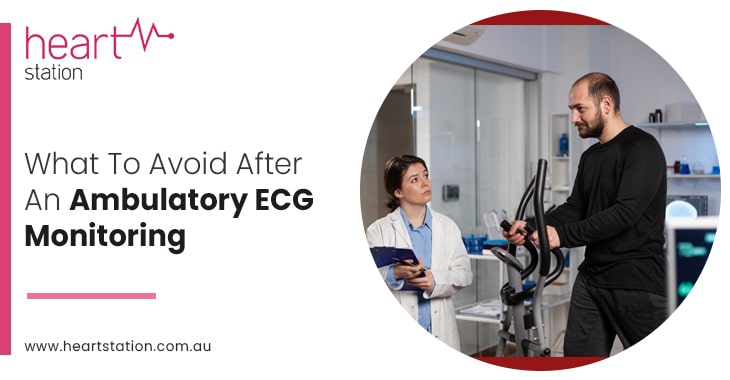

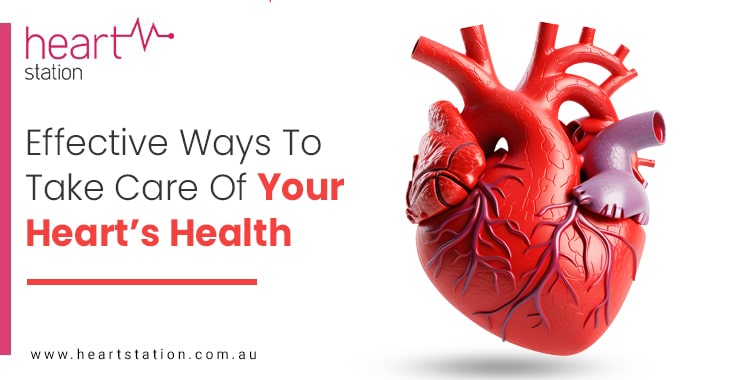
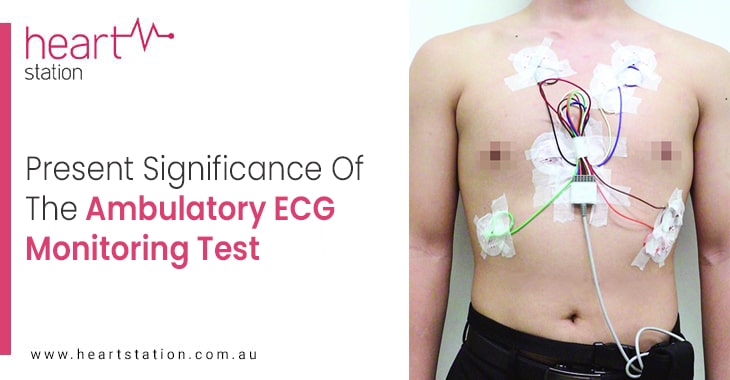
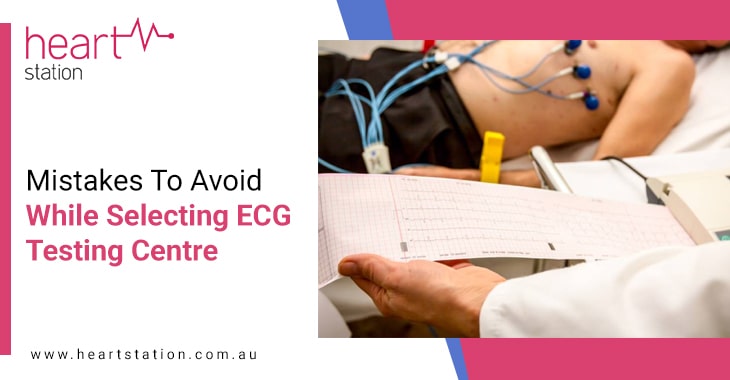
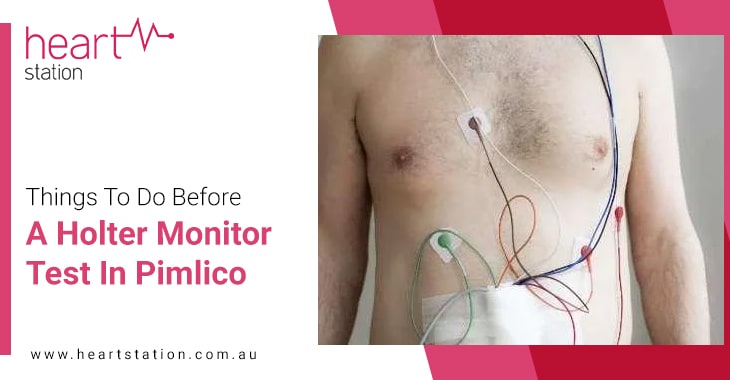
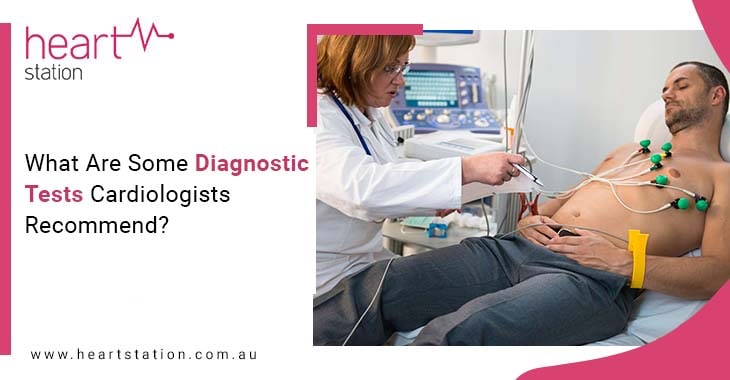
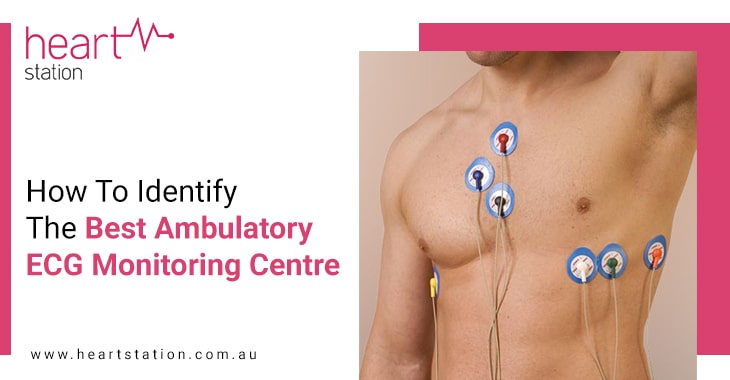
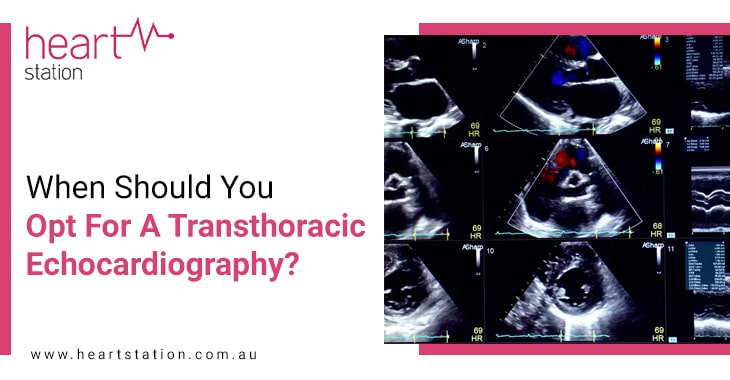
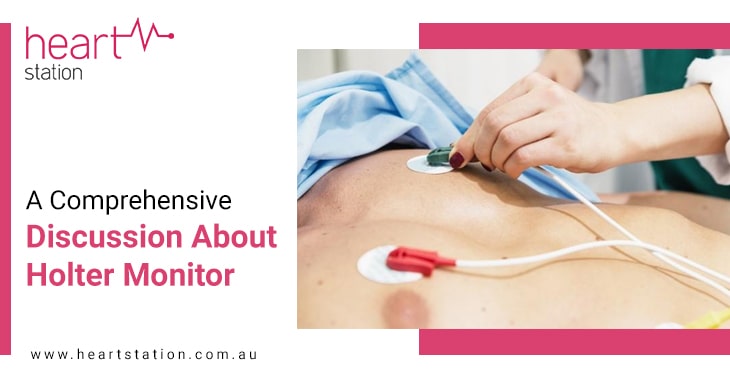
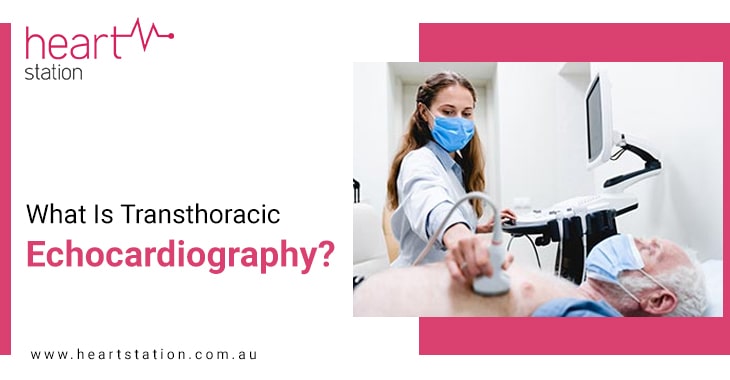
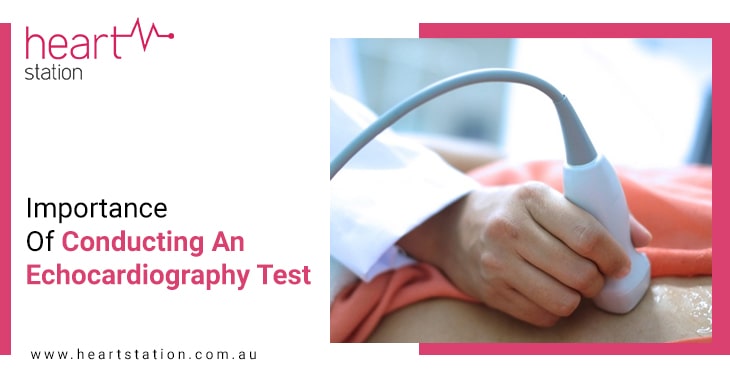
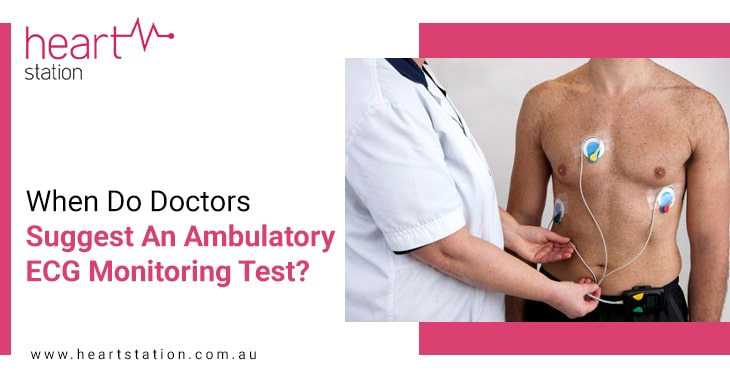
Recent Comments